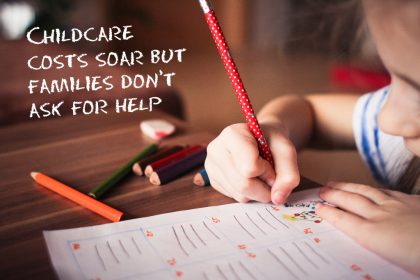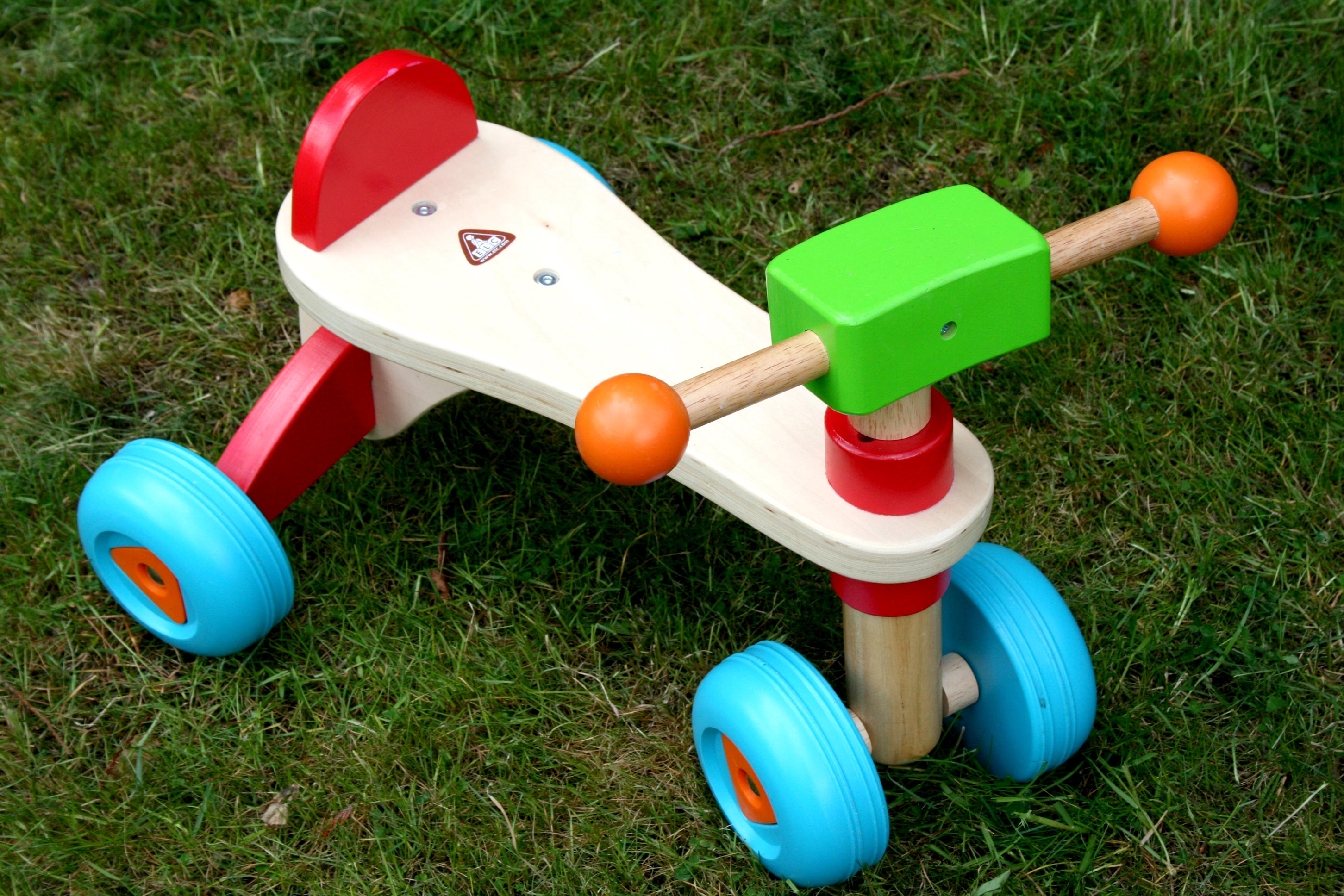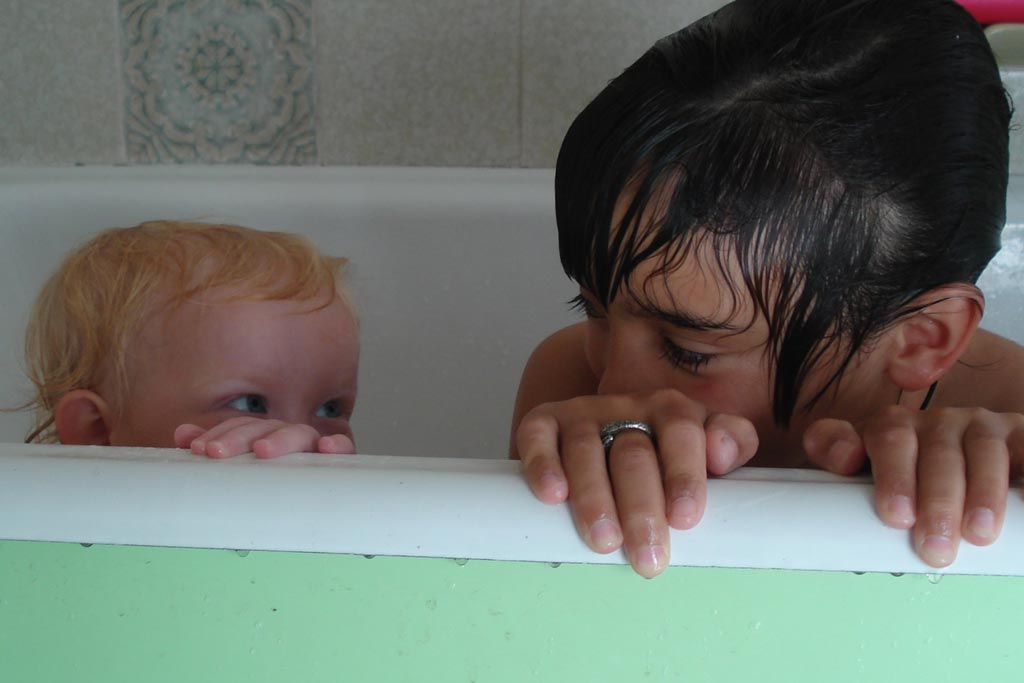How to find the right childcare for your child
Starting to think about childcare? Find out how to choose the right setting – and childcare provider – for your child and you.
Choosing childcare is one of the most important decisions you’ll make as a parent. The thought of handing over your precious little one to a relative stranger is daunting, but there are huge benefits to high quality childcare. Not only does it support children’s development, it provides peace of mind so you can in turn concentrate on work or studies, knowing your child is safe, and being well looked after.
Whoever cares for your child will have a huge influence on them during the most impressionable years of their life.
Start looking for childcare sooner rather than later
There are many different childcare providers in the UK, so when you start your search it can feel overwhelming. It’s a good idea to start your search sooner rather than later. A lot of childcare providers have waiting lists, so don’t leave it until the last minute to start researching your options.
First impressions count for a lot, but before you even visit a setting you can do some background checks. All registered childcare providers, including childminders, are regulated by Ofsted in England, and reading their latest inspection report will give you a good overview of the setting.
The different types of childcare
There are broadly two different types of childcare:
- Home-based (domestic) childcare which includes registered childminders, registered nannies and childcare on domestic premises (yours or someone else’s).
- Group-based (non-domestic) childcare which includes day nurseries, pre-schools and school nurseries.
There are often misconceptions about the role of a childminders. Far from being glorified babysitters, they are trained professionals, regulated by Ofsted, and they deliver the same curriculum Early Years Foundation Stage (EYFS) as nurseries.
94% of childminders are rated good or outstanding by Ofsted – and evidence has shown that childminders can be a particularly good option for encouraging the development of speech and language skills in the early years.
How to make the right decision
When choosing childcare, think about what you want your children to get out of their time with a childcare provider, and what kind of experience you want them to have. You might prefer a personal, flexible, home-based approach. Or maybe a vibrant, bigger setting offers more appeal.
There are lots of online directories you can use to help in your childcare search. Your local Family Information Service is a useful resource too. Ask friends and on local social media forums – but don’t forget it’s a personal choice, so go and see for yourself and make your own mind up.
Asking the right questions
Don’t know where to start in asking the right questions when you go and visit a setting? PACEY has lots of guidance to help you here.
Most importantly – ask yourself whether the children seem happy and relaxed in the setting when you visit. Observe the staff and how they interact with the children – do they seem calm and professional and respond warmly to children’s needs?
Ask about the experience and qualifications of the childcarer(s) and how long they have worked at the setting. It’s a good idea to ask about the typical daytime routine, including meals, sleep time and activities, and how the setting monitors a child’s progress and shares information with parents. Cost will be important too, as will finding out what is and isn’t included in fees as some settings charge extras.
If you hold strong views on any aspect of parenting, you need to find a setting that mirrors your point of view. If your child has additional needs, if they suffer from a medical condition or an allergy or intolerance, you should ensure the setting understands your child’s specific requirements too.
The difference quality makes to childcare
High quality childcare settings ensure that carers and children form strong bonds, that children feel safe and have opportunities to learn and develop through a range of varied activities. Days are structured and children enjoy nutritious food and lots of positive interactions from those who are caring for them.
Once you find the right childcare, your childcarer will have lots of ways to keep you involved in your child’s progress maybe a daily update or a shared learning journal. Just because you are at work or studying it doesn’t mean that you have to miss out on those important milestones.
Getting help to pay for childcare
With September just around the corner, make sure you are registered for the government’s funded hours. All 3 to 4-year-olds in England can get 15 hours a week free early education or childcare, and some can get 30 hours a week.
Some 2-year-olds are also eligible for 15 hours free childcare, for example if you get certain benefits. You can use your early years entitlement with nurseries, pre-schools or childminders. You can also split your funded hours across different providers, so ask your local provider what they offer. You can find out more and check your eligibility here.
And don’t forget that working parents can get tax-free childcare – you can find out more here. Every bit counts!
You can find lots more information on all aspects of childcare, including great activity ideas to support your child’s learning at home on the Professional Association for Childcare and Early Years website. You can find childcare providers in your area on PACEY’s free childcare directory.










